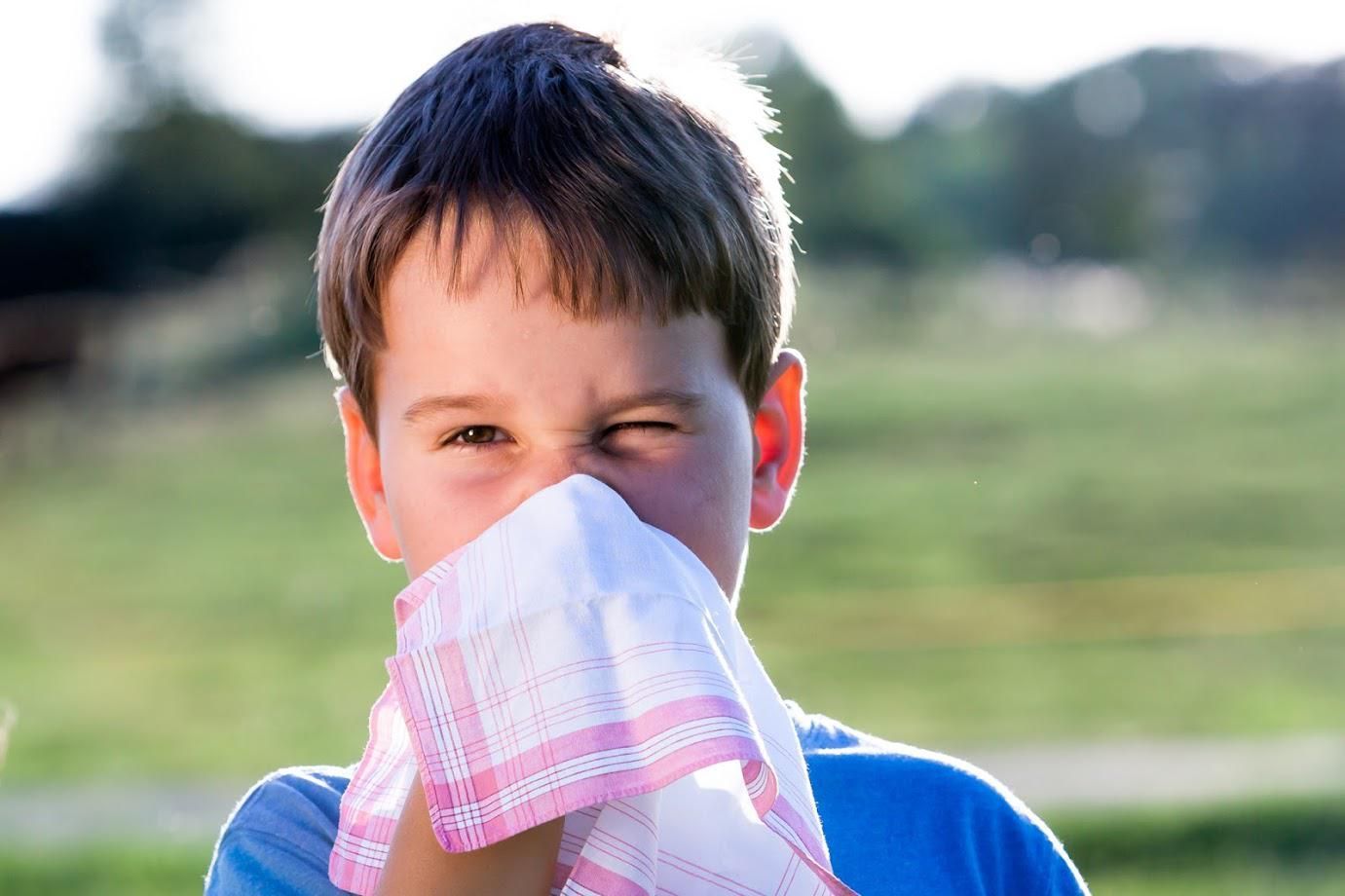Cold, Sinus Infection, or Allergies: Which Is Affecting Your Child?
When your child has an upper respiratory problem, you may automatically think that they are suffering from a cold. However, other conditions like sinus infections and allergies can share the same symptoms. If you try to treat for the wrong one, then your child's symptoms may not go away or could even get worse.

When your child has an upper respiratory problem, you may automatically think that they are suffering from a cold. However, other conditions like sinus infections and allergies can share the same symptoms. If you try to treat for the wrong one, then your child's symptoms may not go away or could even get worse.
Here is more information about the similarities and differences between colds, sinus infections, and allergies to help you better understand the three conditions.
How the Ailments Are Similar
Part of the difficulty in self-diagnosing your child's upper respiratory problem is that many of the symptoms between them are alike, at least on the surface. Here are some of the most similar symptoms between a cold, a sinus infection, and allergies:
- Runny nose, including post nasal drip
- Coughing
- Trouble breathing
- Sneezing
- Sore throat
If your child is very young, then they will likely not be able to express some of these symptoms verbally. For example, a baby can't tell you if they have a sore throat. Therefore, for illnesses in children, close observation is very important, as it can help you determine which problem your child has.
How the Ailments Are Different
While colds, sinus infections, and allergies may seem the same at first glance, if you dig deeper, you will see that there are some stark differences between the three. Not only are there some distinct symptoms, the causes are all different. Here are some examples of the different symptoms and causes of these illnesses.
- Sinus infections and colds tend to have fevers, while allergies don't.
- Colds and sinus infections have thick nasal mucous, but allergies usually do not.
- Sinus infections are often accompanied by headaches and swelling around the eyes.
- Allergies respond to antihistamines, but colds and sinus infections do not.
- Colds are caused by a virus, sinus infections can be caused by either viruses or bacteria, and allergies are caused by allergens.
To complicate things further, both colds and allergies can contribute to sinus infections, and your child can suffer from more than one ailment at a time.
Colds often come on suddenly and resolve themselves within a few days. Sinus infections will frequently follow a cold, or they can appear suddenly as well. Allergies, however, either come on gradually, or after a new element, such as a pet or new food, is introduced into the environment.
How Your Pediatrician Makes a Diagnosis
Your pediatrician will perform tests to make a clear diagnosis to determine the exact cause of your child's upper respiratory problem. The doctor will take nasal swabs and, perhaps, even x-rays to determine exact causes. If the doctor suspects allergies, then you will be asked to fill out a questionnaire and your child will undergo allergy testing to track down the offending allergen.
How Each Ailment Is Treated
One of the reasons why you should get an accurate diagnosis is that all three ailments are usually treated differently. For example, sinus infections sometimes require antibiotics, while antibiotics are useless against colds and allergies.
Some cold medications can help clear up nasal passages in both colds and allergies, but the medications don't work well to fight against the cause of an allergy. Cold medications have some effect on sinus infections, but will not cure one that is serious.
The good thing is that all three upper respiratory problems are treatable and manageable. However, don't treat your child until you have talked to a medical professional first, especially if your child is under two years old. If your child is suffering from upper respiratory problems that seem to linger, then contact Advocare Lerch & Amato Pediatrics for an appointment. We are specialists in treating children and can administer the proper tests to pinpoint the cause of your child's health problem.

